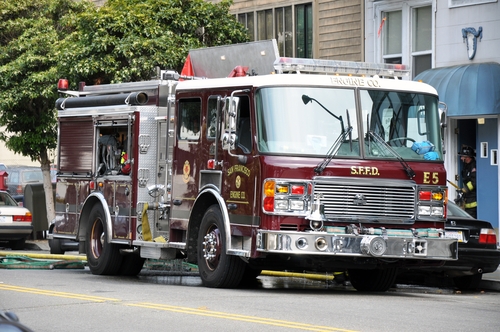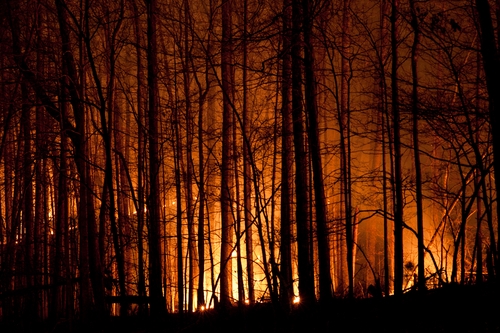

Government Code § 850.4 provides the following grant of immunity: "Neither a public entity, nor a public employee acting in the scope of his employment, is liable for any injury resulting from the condition of fire protection or firefighting equipment or facilities or, except as provided in Article I (commencing with Section 17000) of Chapter 1 of Division 9 of the Vehicle Code, for any injury caused in fighting fires." Among the statutory exceptions referred to in section 850.4 is Vehicle Code section 17001: "A public entity is liable for death or injury to person or property proximately caused by a negligent or wrongful act or omission in the operation of any motor vehicle by an employee of the public entity acting within the scope of his employment."
The Varshocks argued that based upon the clear literal meaning of the above stated exception set forth in Vehicle Code section 17001, CAL-FIRE was not entitled to immunity under Gov. Code section 850.4 for its alleged negligent acts related to the operation of the fire engine. The court disagreed and found for CAL-FIRE. While conceding that the Varshocks’ interpretation of the interplay between Government Code section 850.4 and Vehicle Code section 17001 was "consistent with the plain language of the statute," the court nonetheless declined to adopt this literal interpretation as it conflicted with the immunity statute’s intent, purpose, and the applicable case law.
The Varshock court thereby asserted the following two major holdings: (1) When a "firefighter operates a motor vehicle at the scene of a fire as part of efforts to rescue persons or property from the fire or otherwise combat the fire, immunity under section 850.4 exists for any injury that results from the firefighter’s tortious act or omission in operation of the motor vehicle"; and (2) This "immunity under section 850.4 does not apply, and potential liability under the Vehicle Code section 17001 exception exists, if injury results from a firefighter’s tortious act or omission in the operation of a motor vehicle while proceeding from another location to a fire in response to an emergency call." The court concluded that since the firefighters in the case were at the scene of the fire and attempting to rescue persons or property, immunity therefore applied.
Thus, whether a fire department can be liable for the negligent operation of its fire engine hinges on if the alleged negligent acts occurred while the vehicle was at the scene of the fire, as opposed to going to the scene of the fire. Importantly, immunity likely exists in the former situation, while liability can exist in the latter case.
As seen with the wildfires in Varshock, the line delineating whether a fire department was at the scene of a fire rather than proceeding to a fire can often be blurry, and thus future application of this distinction will undoubtedly rest on the facts of the particular case.



